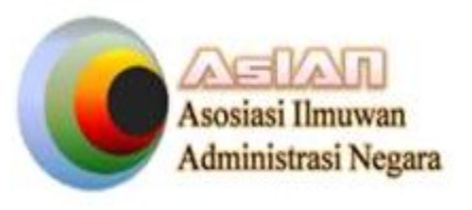Pengelolaan Retribusi Parkir Kota Tanjungpinang
DOI:
https://doi.org/10.56552/jisipol.v6i2.254Keywords:
Pengelolaan, Retribusi Parkir, Pendapatan Asli Daerah (PAD), Kota TanjungpinangAbstract
This research has the title Management Parking Retribution of Tanjungpinang City. Various policy packages implemented by the government and Tanjungpinang City Parking UPTD to achieve the target of parking retribution realization in increasing Regional Original Income (PAD). However, parking fees always experience fluctuating percentages and do not always reach the targets set by the government. Tanjungpinang City parking retribution management is regulated by Tanjungpinang City Regional Regulation Number 4 of 2016 concerning Parking Implementation and Retribution. Parking implementation includes planning, organizing, mobilizing and supervising.
The purpose of this research is to find out the Management of Tanjungpinang City Parking Levy. The type of research method is a qualitative method with a descriptive approach. The sample collection technique used in this study is purposive sampling. The sources and types of data are primary data and secondary data. Data collection techniques and tools through observation, interviews and documentation. The findings of this study indicate that the management of Tanjungpinang City parking retribution has been running in accordance with applicable provisions but there are still some shortcomings in the field of mobilization and supervision carried out. The implementation of parking retribution collection carried out by parking attendants is not going well. There are still parking attendants who do things like not giving parking tickets to the public. The supervision carried out by the Transportation Agency, especially the Parking UPTD, is running well, but with the limited number of personnel, the supervision carried out is not optimal.
Downloads
Published
Issue
Section
License
Copyright (c) 2025 Jurnal Ilmu Sosial dan Ilmu Politik

This work is licensed under a Creative Commons Attribution 4.0 International License.












